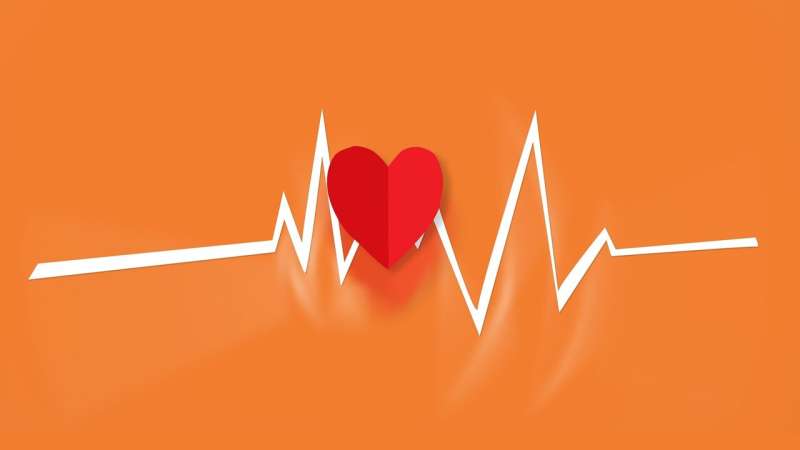Early Stage Cardiogenic Shock: A Significant Predictor of Poorer Outcomes in Patients

Recent research highlights that among patients with early cardiogenic shock (CS), approximately 26% experience adverse clinical outcomes, including the need for care escalation, condition deterioration, or death within hospital settings. This finding was presented at the 2025 Scientific Sessions of the Society for Cardiovascular Angiography & Interventions (SCAI). Cardiogenic shock is a life-threatening state where the heart's ability to pump blood is compromised, leading to dangerously low blood pressure and insufficient blood flow to vital organs. If left untreated, it can be fatal, with nearly half of the affected patients not surviving to hospital discharge.
The study focused on patients classified as Stage B CS, characterized by early signs of cardiac dysfunction without full-blown shock symptoms. Researchers analyzed 500 patients across six hospitals within Brown University’s system, identifying key markers such as low systolic blood pressure and hypoperfusion indicators like elevated blood lactate levels. Patients with these signs were at increased risk for adverse events.
Excluding cases related to cardiac arrest, infections, or non-cardiac causes, the study observed that those who experienced deterioration or death did so within a median of 16 hours of admission. These high-risk patients presented with lower blood pressure and heart function upon entry, as well as increased rates of kidney injury, bacteremia, and liver problems.
Saraschandra Vallabhajosyula, MD, the study’s senior author, emphasized that although early CS is often perceived as less severe, nearly one in four patients still face poor outcomes. He advocates for heightened multidisciplinary collaboration to recognize and treat these patients sooner, potentially improving survival rates.
This research underscores the importance of early diagnosis and intervention in cardiogenic shock, highlighting that even in its initial stages, the condition can lead to significant complications, demanding urgent clinical attention.
Stay Updated with Mia's Feed
Get the latest health & wellness insights delivered straight to your inbox.
Related Articles
Significant Rise in Obesity-Related Cancers Across the United States Over Two Decades
Obesity-associated cancer deaths have tripled in the U.S. over the past two decades, primarily affecting women, minorities, and older adults, highlighting urgent public health concerns.
Isolated REM Sleep Behavior Disorder as an Early Predictor for Parkinson's Disease and Dementia
New research from the University of Montreal reveals biomarkers in isolated REM sleep behavior disorder that can predict the development of Parkinson's disease and dementia years before symptoms appear, paving the way for early personalized interventions.
Traditional Fecal Transplant Outperforms New Oral Therapy in Severe C. difficile Cases
A recent study reveals that traditional fecal microbiota transplants via colonoscopy outperform newer oral spores therapy in severe C. difficile infections, highlighting differences in long-term outcomes and recurrence severity.
New Insights into Kidney Transplant Rejection: The Role of Lymphatic Vessel Changes
New research uncovers how changes in lymphatic vessels contribute to kidney transplant rejection, opening pathways for improved long-term outcomes through targeted therapies.



